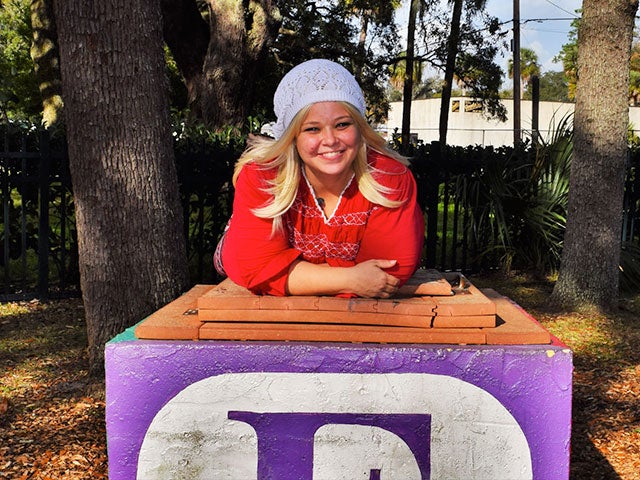When a Child’s Imagination Leads to Trouble
Children stretch the truth. Often they will use their imaginations to create games, stories and situations. However, when your child stretches the truth and it hurts someone, it is time to teach them about honesty.
Some children have amazing abilities when it comes to creativity. My oldest daughter is one. She loves to use her imagination. Lately, her wild imagination has been more harmful than innocent. When she makes up stories about people not loving each other or someone being mean, it can really confuse and sting.
She has come home from school and told me that someone bullied her. I rush to her school the next day only to find out she lied; the bullying never took place. She even has told family members that another family member is upset with them or does not like them. I wondered what I was doing wrong as a mother until recently when a friend told me that her daughter has done similar things, even getting her parents in trouble one time “stretching” the truth too far.
Then another friend of mine told me that she would get called to the school all of the time when her daughter was younger because of wild stories she created, sometimes getting so worked up she would cry as she told them. She even told people she had a twin her mother gave up for adoption and that she was scared she was next.
These stories are scary as a parent. Understandably, school officials and teachers must – to an extent – believe what children tell them. This is a good thing because it does help children who are in troubling circumstances. But what do you do if your child is lying and making up stories?
With my daughter, I am teaching her the difference between telling a lie and using her imagination for fun.
Jesus told parables to teach morals, the way we should live. I explained to my daughter that a story that is used to convey a good message is OK. Then, I told her that if she is using the stories to make people feel bad or to cause problems then it’s not OK.
The line between fact and fiction isn’t inherently clear to children. One of the most incredible things is a child’s ability to believe with their whole heart. So we have been working hard on distinguishing what is OK and what is hurtful.
I had her write down some of the things she has said recently about school. I told her that these negatives make for a bad day. I had her write the opposite of each statement on the other side of the paper. I then asked her what she believed people would rather hear.
Of course, she decided the nicer statements were better ones to share. Then, we made a list of fun story topics; she loves to write mini books. I told her that each story should have not only a happy story, but positive things about each character.
I have been stopping her mid story now when she tells me something that seems a little off. I ask her if this is a truthful tale or just something she is creating. That way I can put a stop to the words before they even are finished.
I want my daughter’s imagination to follow her and be one of her greatest tools in life, not one of her biggest weapons.
Does your child ever create stories that have hurt people or that break your heart? If so, please tell me how you, as a parent, cope with this and help your child understand it is not OK.
